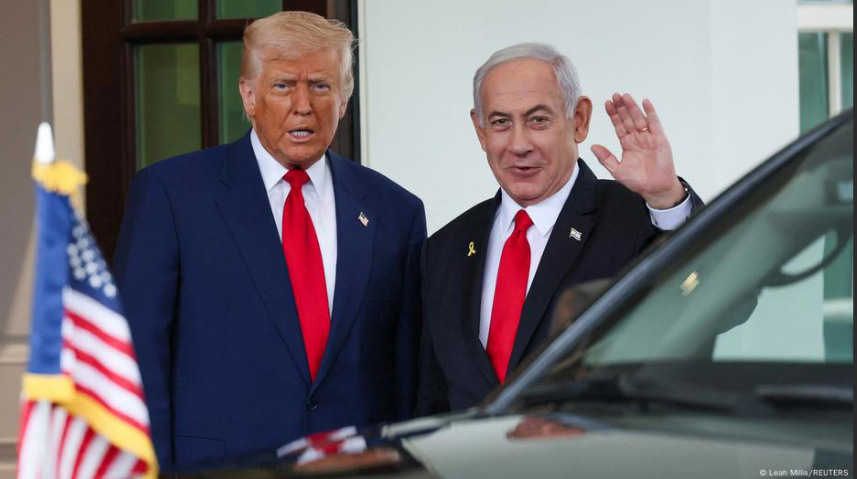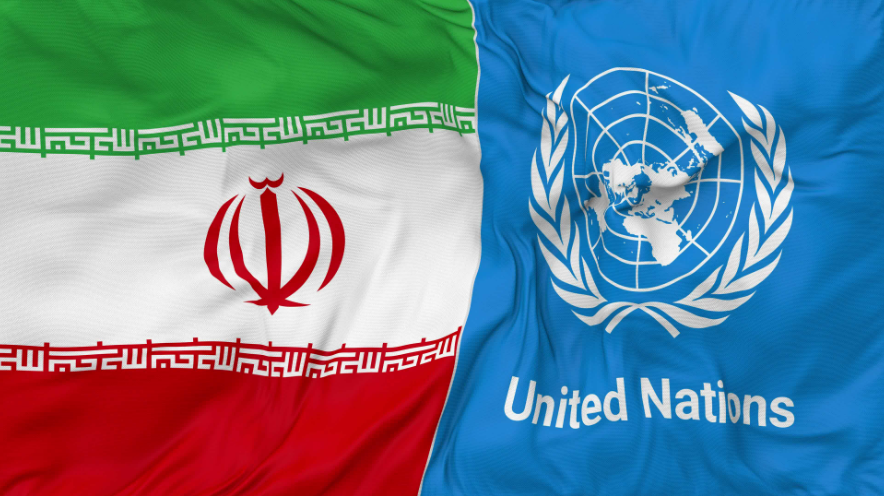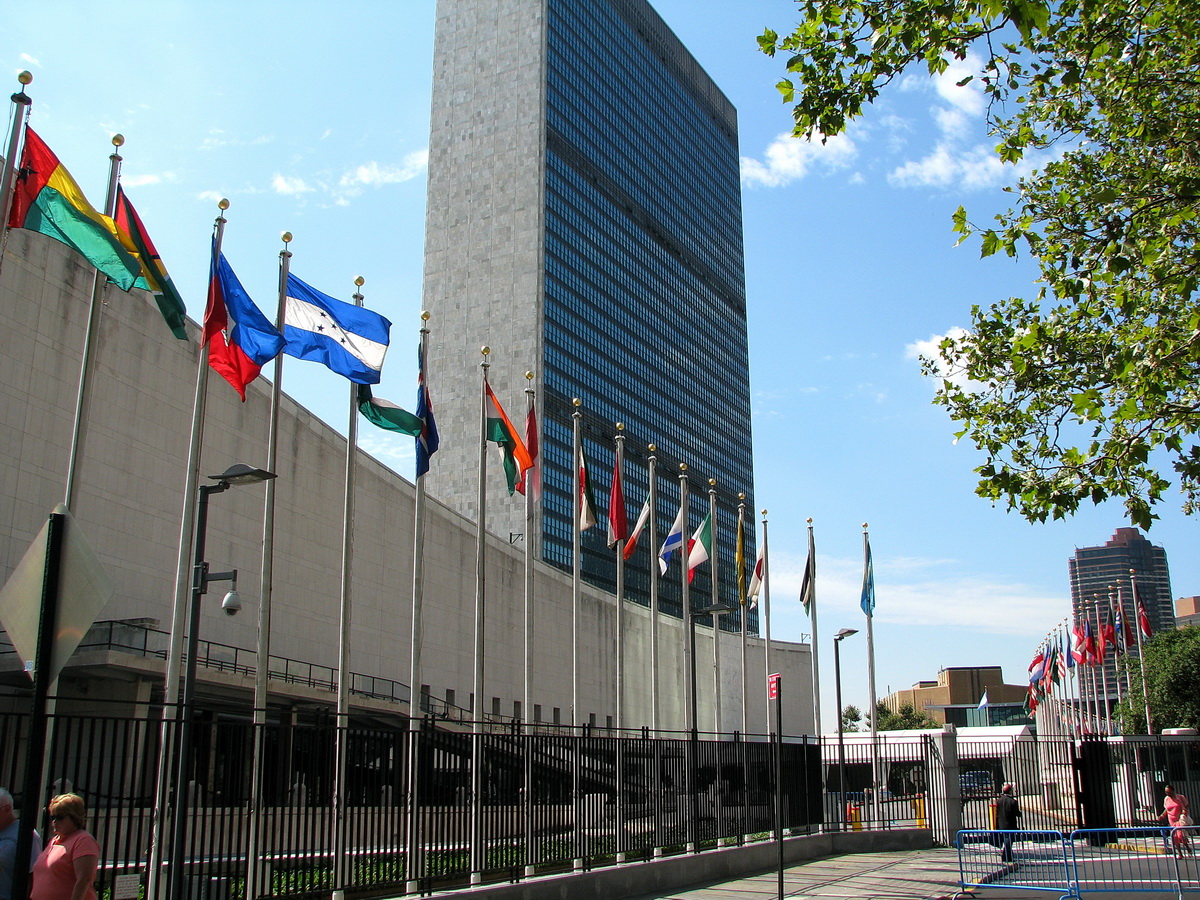At the end of 2023
The current conflict between Israel and Hamas and extremist Islamic jihad in Gaza has turned the world upside down. We all hope and pray that the conflict and suffering will come to an end soon.
As usual, international law is being invoked to condemn and criticize Israel. While Israel is not, and should not be, immune from criticism, our analysis shows that this focus on Israel is often distorted, unfair and imbalanced.
In this final Bulletin for the year, we reflect on the past year, and look forward into 2024.
We wish all our readers a very blessed Christmas season.
The thinc. team
PS – Please consider us in your end-of-year giving!
In Gaza tragedy, Hamas terrorists are the only war criminals
By David Knol (Australia) and Prof. Greg Rose (thinc. Research Director)
There have been many ill-informed claims that Israel is committing war crimes. Not only is that allegation false, its perpetuation could have harmful implications beyond the current conflict.
Read more here

thinc. studies the position of Israel in international affairs and promotes the fair application of international lawto the State of Israel and the Middle East. The year 2023 ends in 11 days – please consider to contribute to the continuation of thinc.s importent work this and next year!
thinc. – round table discussion – what policy should the Dutch Christen Unie party adopt towards Israel? December 11th in Amersfoort
Andrew Tucker spoke at a round table organized by the Dutch political party Christen Unie on Monday 11th December in Amersfoort, Netherlands. Theologians and lawyers discussed the question: what policy should the party adopt towards Israel? What stumbling blocks and building blocks are offered by theology (the Bible) and law?
Tucker explained that there are two main approaches to international law – the “idealist” approach, and the “realist” approach. An example of different approaches can be seen in comparing the majority (idealist) and minority (realist) opinions in the ICC Pre-Trial decision on the “Situation in Palestine” in early 2021. Tucker advocates the realist/positivist approach of the minority Judge Kovács, rather than the idealist/teleological approach of the majority. Under this view, the rule of law requires international law to be interpreted in a cautious way, carefully distinguishing between existing and desired law, between “hard” (binding) and “soft” (non-binding) law. It should also be applied equally and fairly to all states and non-state actors. The result is that international law gives some general guidelines, but very few definitive answers to the disputes about territory and statehood in the complex Israel-Palestine conflict, which comprises historical, religious, political and legal aspects. One thing is clear: the Jewish State of Israel exists, since 1948 as a sovereign and equal member of the international community.

A symposium over the Israel debate was held on November 29th in Nijkerk, The Netherlands

A symposium was held in Nijkerk, the Netherlands, on November 29th organized by thinc., Christians for Israel (NL) and IAF (Israel Allies Foundation).
The symposium was addressing questions related to today’s Israel debate. How do we recognize framing that portray Israel negatively and how do we deal with this?
Two prominent Christian politicians from the Netherlands were invited to share their experiences on how to deal with this topic in the political debate in the national Parliament (The Hague) as well as in the European Parliament (Brussels). The politicians in question were Gert-Jan Segers (from CU) and Bert-Jan Ruissen (from SGP, European Parliament )
More than 130 guests participated in a very lively debate.
Watch the symposium here
A Webinar on Hamas, Gaza and the future of the two state solution was held on December 12 at 12 PM Amsterdam time
The webinar held in December dealt with the question of Hamas, Gaza, and The Future of the Two State Solution.
How realistic is a “two states” solution? Does international law require a Palestinian state?
Please find a link here to the text and the recorded webinar
thinc. – looking back into acheivements in 2023
Here are some highlights of our achievements in 2023:
1) The ICJ, Israel and the request for an Advisory Opinion
On 30th December 2022, the UN General Assembly adopted a resolution (77/247) requesting the International Court of Justice to render an advisory opinion on the following questions:
- What are the legal consequences arising from the ongoing violation by Israel of the right of the Palestinian people to self-determination, from its prolonged occupation, settlement and annexation of the Palestinian territory occupied since 1967, including measures aimed at altering the demographic composition, character and status of the Holy City of Jerusalem, and from its adoption of related discriminatory legislation and measures? How do the policies and practices of Israel referred to in paragraph 18(a) above affect the legal status of the occupation, and what are the legal consequences that arise for all States and the United Nations from this status?”
On 3rd February 2023, the Court invited all UN member states to make written submissions to it concerning the request for legal advice. Since then, we have been assisting several states to make submissions.
Please read our analysis of the request for an advisory opinion here
2) Two states two peoples?, revised edition
A revised version of Two States for Two peoples? report was published early 2023. This major report offers a critique of the idea of Palestinian statehood from historical, legal and policy perspectives. The report is available on e-book, paperback and as a summary. Please click on below link to see all options:
Two states for two peoples? – Israel and International Law (thinc-israel.org)
3) Israel on Trial conference in the Hague end of March 2023 organized with Christians for Israel, The Netherlands
This amazing conference took place in the Hague in March 2023.The overall topic dealt with “The political and legal fight against Israel in the UN and other institutions.”
Please find all details here
4) In June 2023 thinc. published a Legal Briefing on “EU policy on labelling of products from the “occupied Palestinian territories”
The briefing, which was prepared for Israel Allies Foundation (Europe), analyzes the regulatory framework in Europe governing the labelling of imported food products, and the specific interpretation of these norms developed by the European Commission (“Commission”) and European Court of Justice (“ECJ”) concerning products produced outside the 1949 Armistice Lines (Green Line). We also have been involved in current Dutch litigation on this issue.
Please read the full briefing here
5) Israel/Hamas war in Gaza
Since the horrendous attack by Hamas on Israel on October 7th, we have been very busy advising and commenting on the legal issues arising out of this conflict.
- thinc. Director of research Prof. Greg Rose has published Op-eds in various newspapers
- thinc. staff have participated in many lectures and webinars worldwide
- thinc. bi-weekly webinars on legal aspects of the conflict
On thinc.’s Calendar
In 2024, thinc. will be offering a series of courses (on-line and in-person) for both lawyers and non-lawyers on the fundamentals of international law relating to Israel, Palestine and the Middle East. Watch this space for more information!
We will also continue our research and work in advising politicians and policy advisers on these issues.
Save the date:
Our nextWebinar will be held on Tuesday January 23rd 7 PM (Amsterdam time).
The topic for the webinar is: ” The International court of Justice and the legal status of the ‘Israeli occupation.'”
Recommended readings
1) Robbie Sabel (2023) International Law and the Conflict in Gaza, Israel Journal of Foreign Affairs,
https://doi.org/10.1080/23739770.2023.2289272
2) The ICC challenge: Should Israel be worried going forward? – analysis by YONAH JEREMY BOB
A large number of the challenges Israel faces from the ICC became an issue long before the current war.
Read the article here



